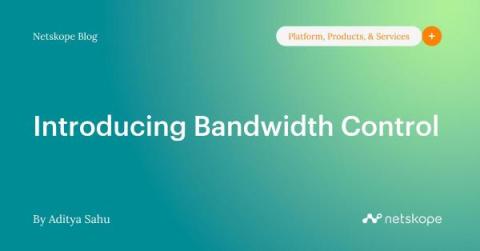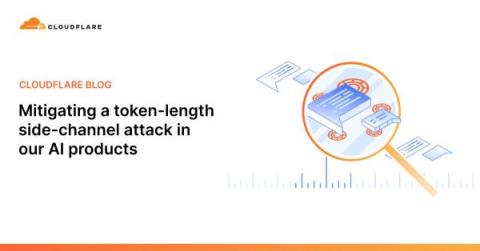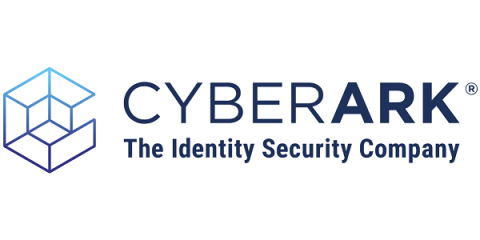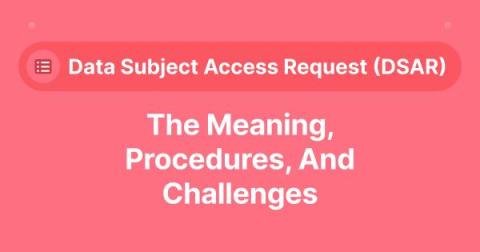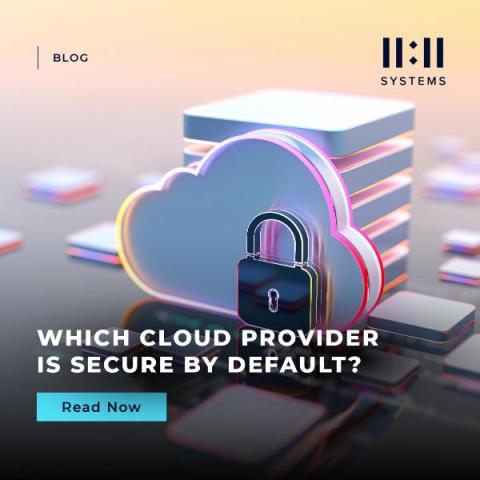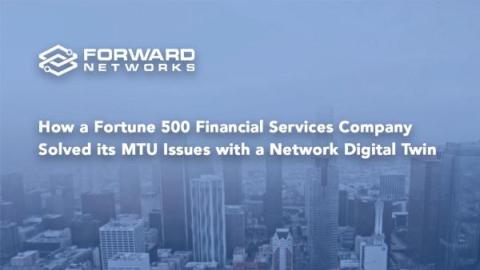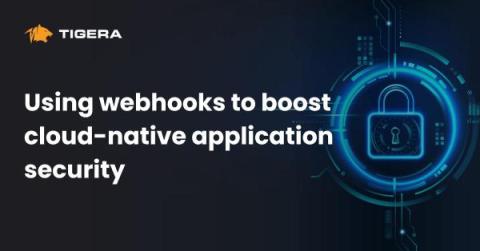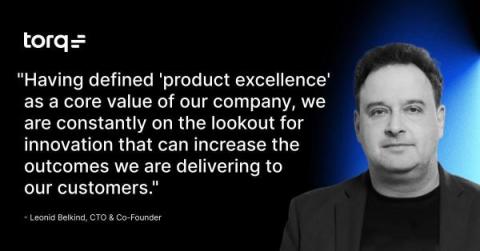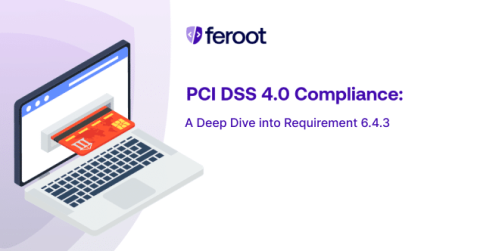Introducing Bandwidth Control
In the fast-paced realm of digital connectivity, the effective management of internet bandwidth is pivotal for ensuring business continuity through seamless access to business-critical applications. Network administrators often grapple with the constant challenge of prioritizing business critical applications during network contention, a challenge exacerbated by the prevalence of high-bandwidth-consuming non-business web applications.


